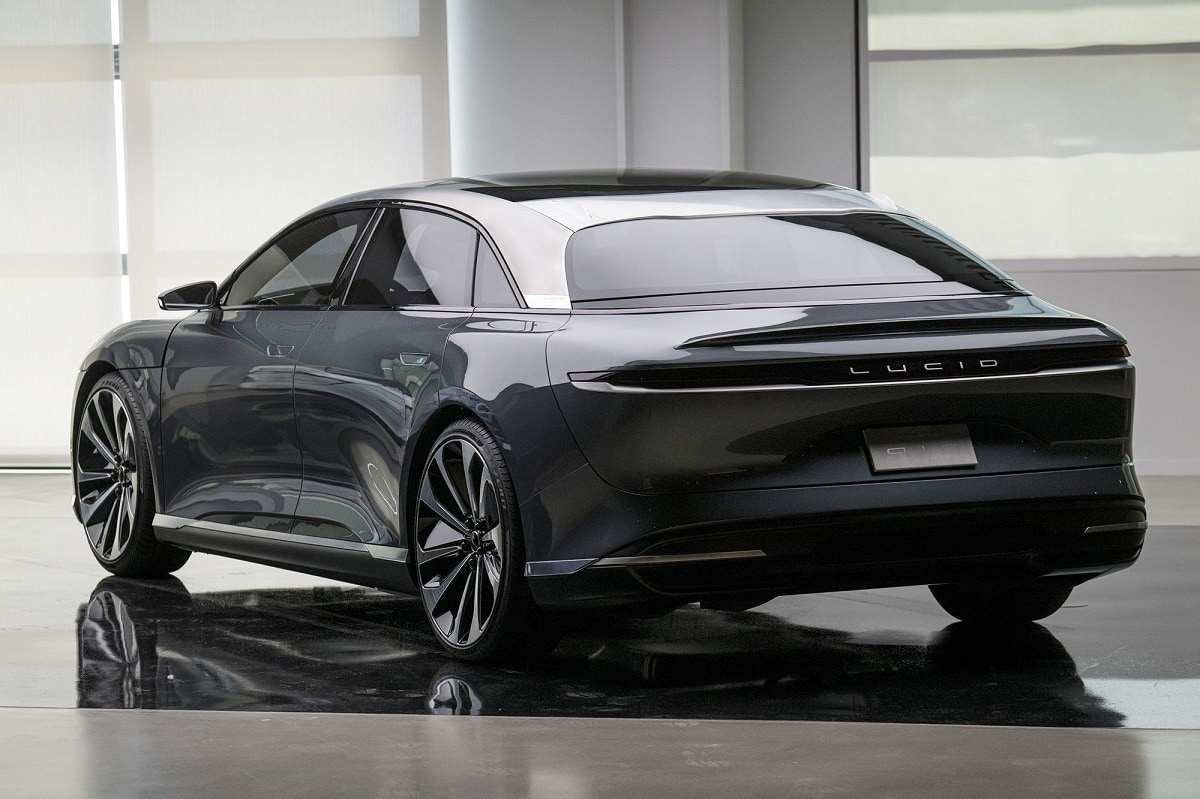Electric Cars: The Real Solution to the Gas Price Increase? When U.S. President Joe Biden said that rising gas prices were part of an “incredible transition” during a press conference in Japan on Monday, he drew criticism from both sides of the political aisle.
Speaking alongside Japanese Prime Minister Fumio Kishida, President Biden said that he didn’t expect a recession to hit the United States and downplayed rising gas prices.
“And when it comes to the gas prices, we’re going through an incredible transition that is taking place that, God willing, when it’s over, we’ll be stronger and the world will be stronger and less reliant on fossil fuels when this is over,” the president said.
His comments come as some Democratic legislators and White House officials encourage Americans to switch to electric vehicles (EVs) to avoid the rising cost of gas – a suggestion that also frequently draws criticism from drivers.
But can electric cars really solve the gas crisis?
Technically, Yes
Ignoring the cost of purchasing an electric vehicle in the first place, a new study shows that owning an electric car costs less each month than gas cars. A report from Energy Innovation and Technology LLC, a climate policy think tank, suggests that the fuel savings, lower maintenance costs, and state incentives for purchasing an electric vehicle make owning them less expensive.
The report claims that drivers should stop thinking about the upfront cost of the vehicle and instead consider the monthly savings.
After studying six electric vehicles from Kia, Nissan, Volvo, and Ford, researchers determined that the monthly cost to own a vehicle – including the loan payments, maintenance, fuel, insurance, and taxes – is lower than a traditional gas vehicle.
Researchers also determined that the savings get better over time, particularly after the car loan is repaid.
Not Everybody Can Afford Electric Cars
What the report doesn’t take into consideration is the fact that not everybody is in the market for a new car, and not every driver finances their vehicle. A survey from 2019 found that almost 70% of Americans were considering a used vehicle for their next auto purchase.
Another survey, performed by AA Cars in the same year, found that 29% of car buyers bought a “nearly new” car most recently.
Less than 1% of America’s 250 million cars are electric, meaning the vast majority of used vehicles are gas-powered. An even bigger majority of affordable and low-priced used cars are gas-powered.
What’s more, the average price of a used electric vehicle in the United States in March of this year is 25% higher than it was last year. Data published by Recurrent Auto also shows how the average price of a used electric vehicle in 2016 is $48,585. Used electric vehicles only become affordable as buyers look for vehicles roughly 10 years old – with 2011 electric vehicles costing on average $7,271.
While the price is more affordable, vehicles of this age are likely to have severely degraded batteries that in some cases may cost more to replace than the value of the car.
With the United States on the verge of a recession and inflation putting pressure on working families, many Americans are simply not in a position to take out a loan worth more than $50,000 to purchase a new or used electric vehicle.
As gas prices approach $6 per gallon, Americans are more likely to suffer the price hike than pay out tens of thousands of dollars for vehicles they may not be able to afford – even if the payments are technically lower on a monthly basis.
Jack Buckby is a British author, counter-extremism researcher, and journalist based in New York. Reporting on the U.K., Europe, and the U.S., he works to analyze and understand left-wing and right-wing radicalization, and reports on Western governments’ approaches to the pressing issues of today. His books and research papers explore these themes and propose pragmatic solutions to our increasingly polarized society.

